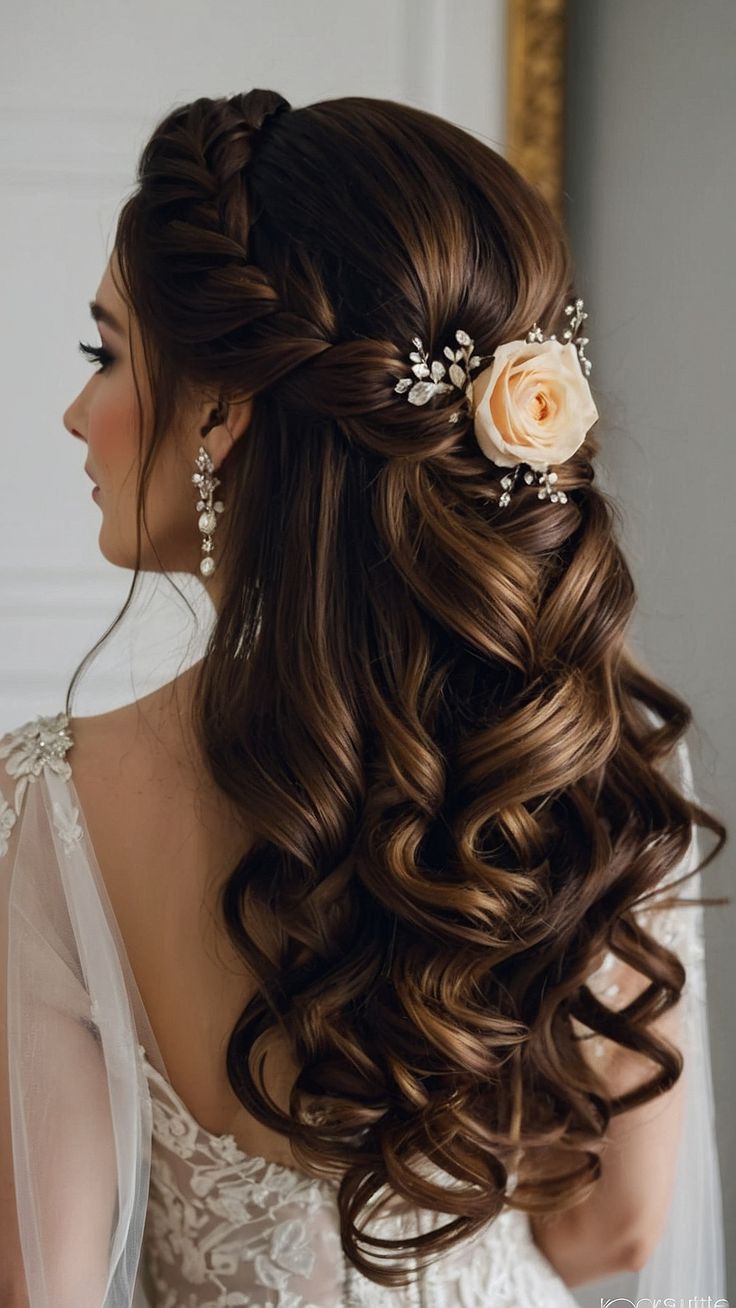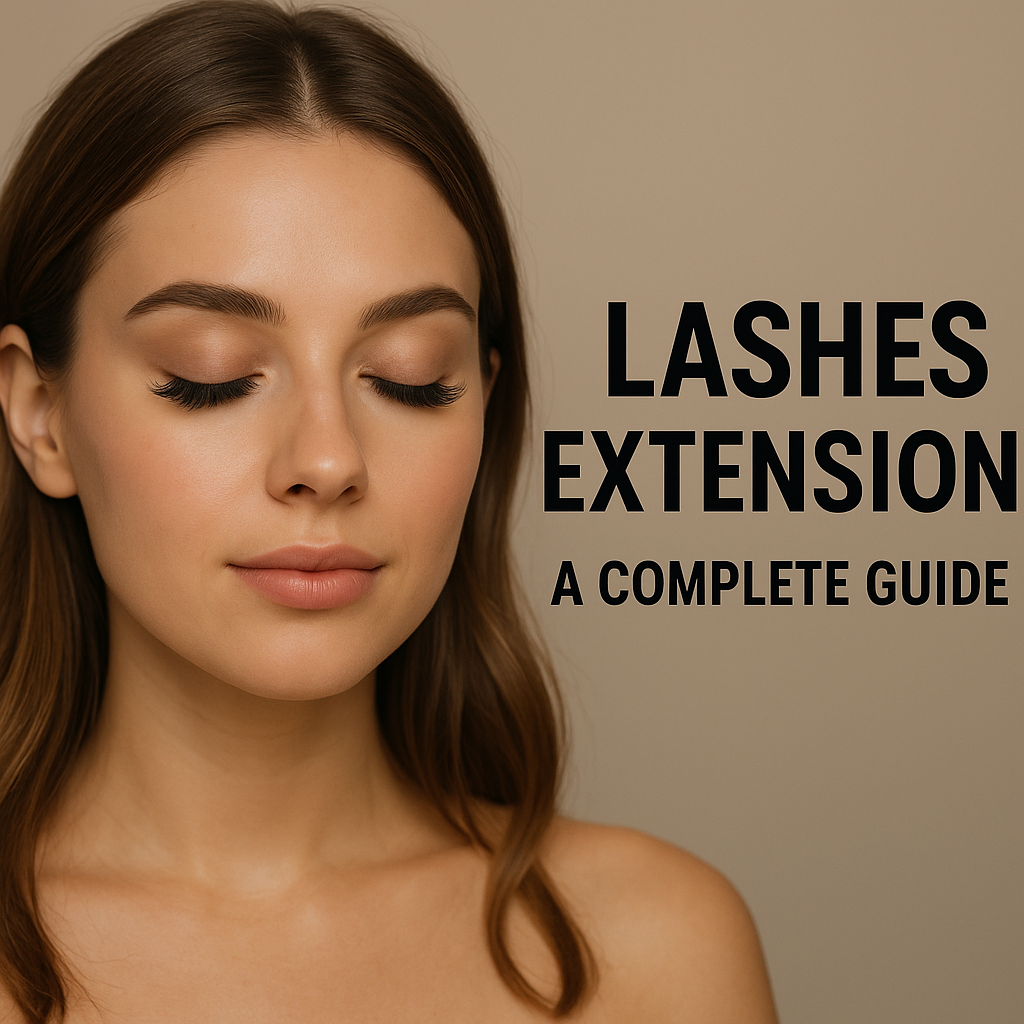Acrylic nails are a stylish way to enhance your look with long, strong, and beautifully designed nails. This article covers what they are, how they’re applied, their benefits, care tips, popular designs, comparisons with natural nails, and possible side effects. Perfect for beauty lovers and nail art fans!
1. What Are Acrylic Nails?
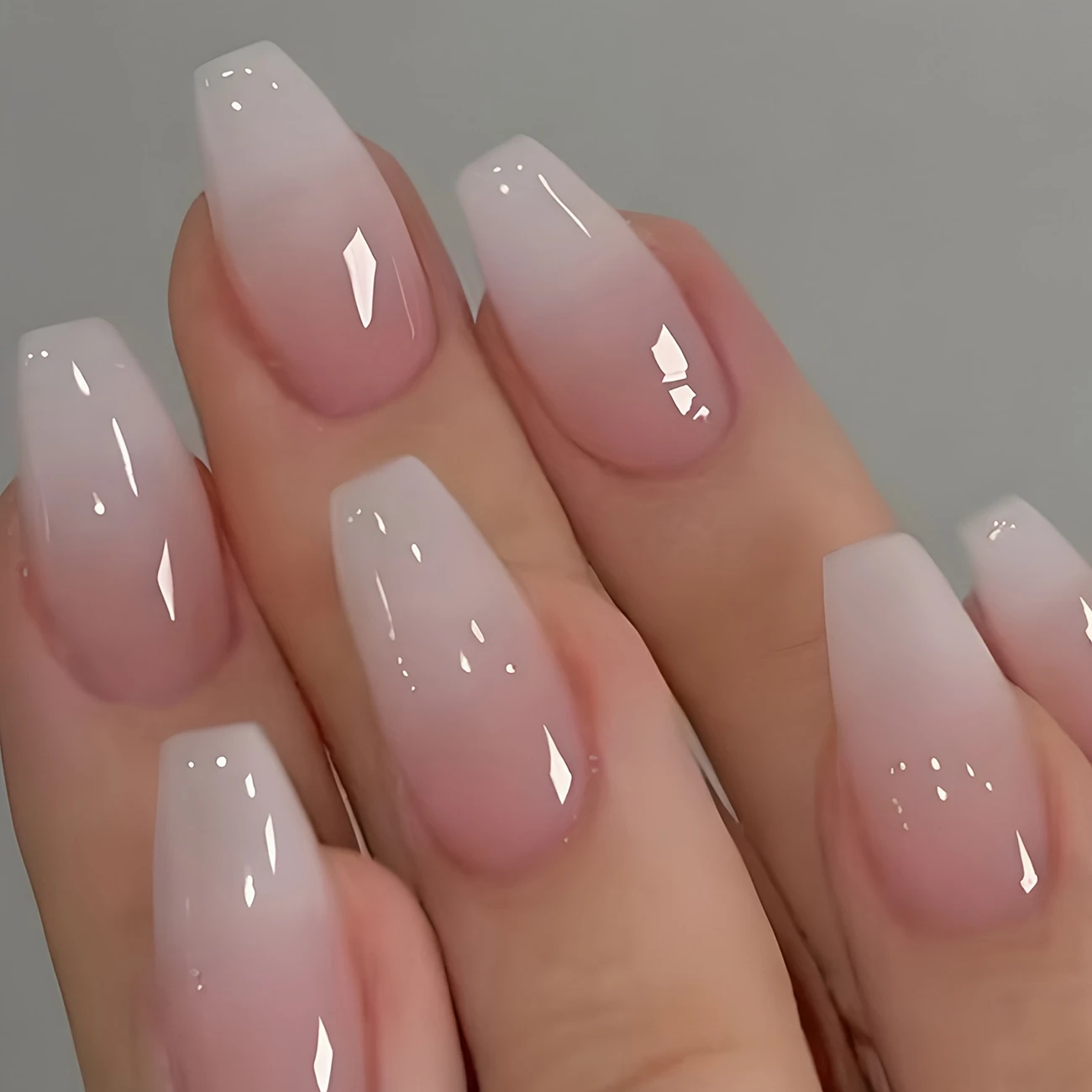
Acrylic nails are artificial nail extensions made from a combination of liquid monomer and powder polymer. They are applied to natural nails to make them longer and stronger. These nails are very popular in the beauty and fashion world for their stylish look and durability.
2. How Are Acrylic Nails Applied?
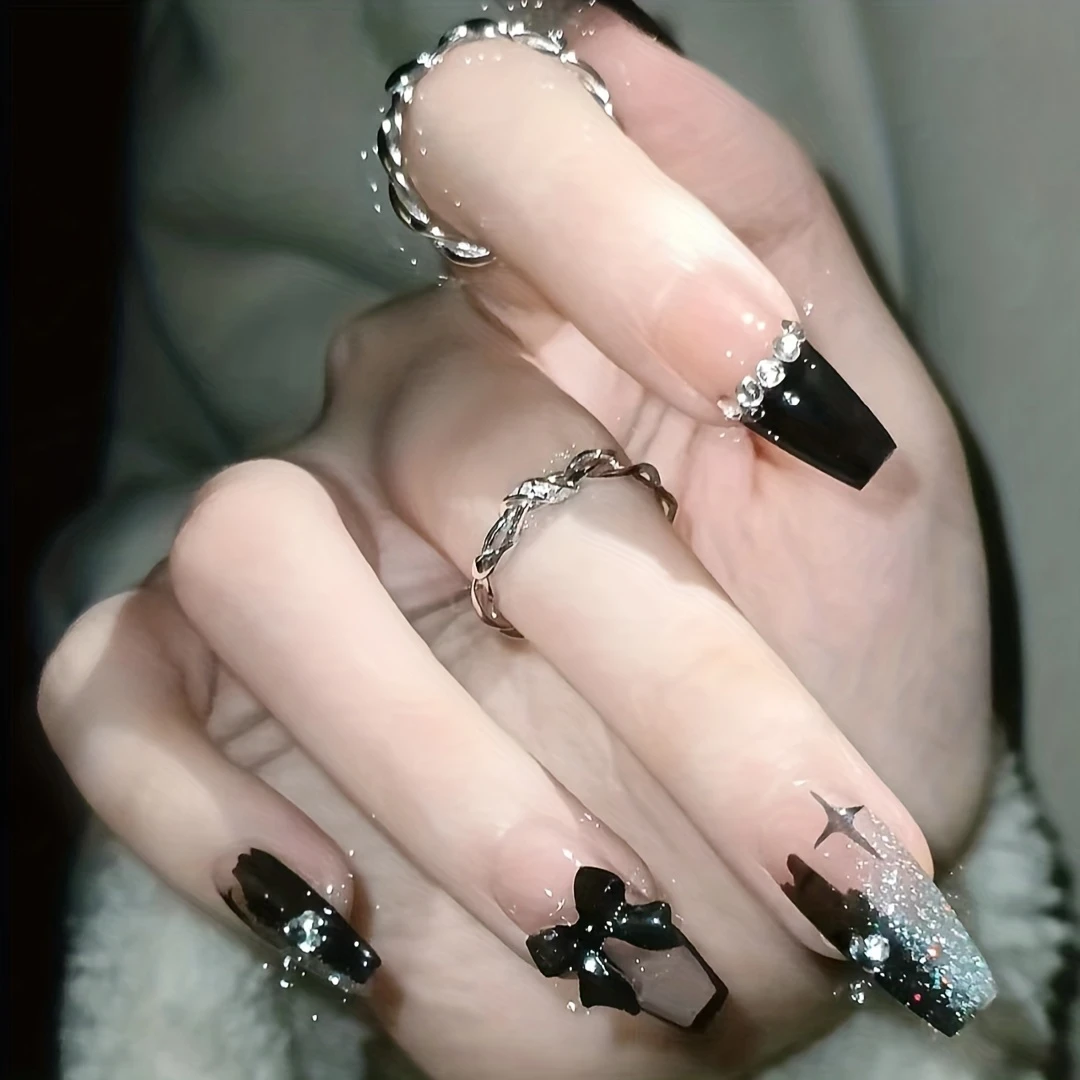
First, the natural nails are cleaned and prepped. Then, the acrylic mixture is applied with a brush to shape the nails. It is allowed to air dry or cure under a lamp. Finally, polish or nail art is added to enhance their appearance.
3. Benefits of Acrylic Nails
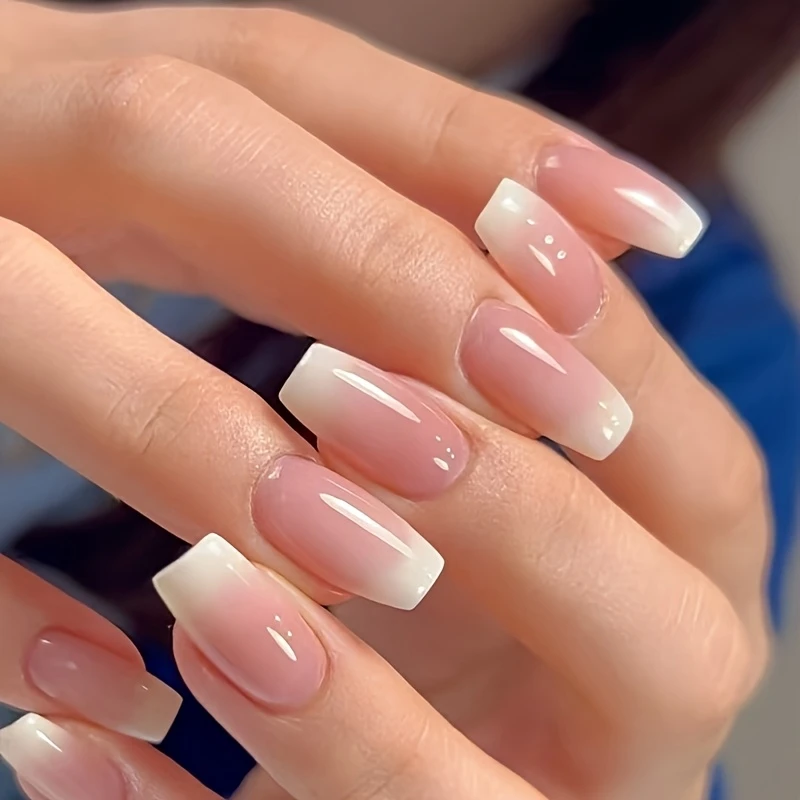
Acrylic nails are ideal for those who want long and stylish nails. They are strong, durable, and less likely to break. They also help prevent nail biting and are perfect for people with naturally weak or brittle nails.
4. How to Care for Acrylic Nails
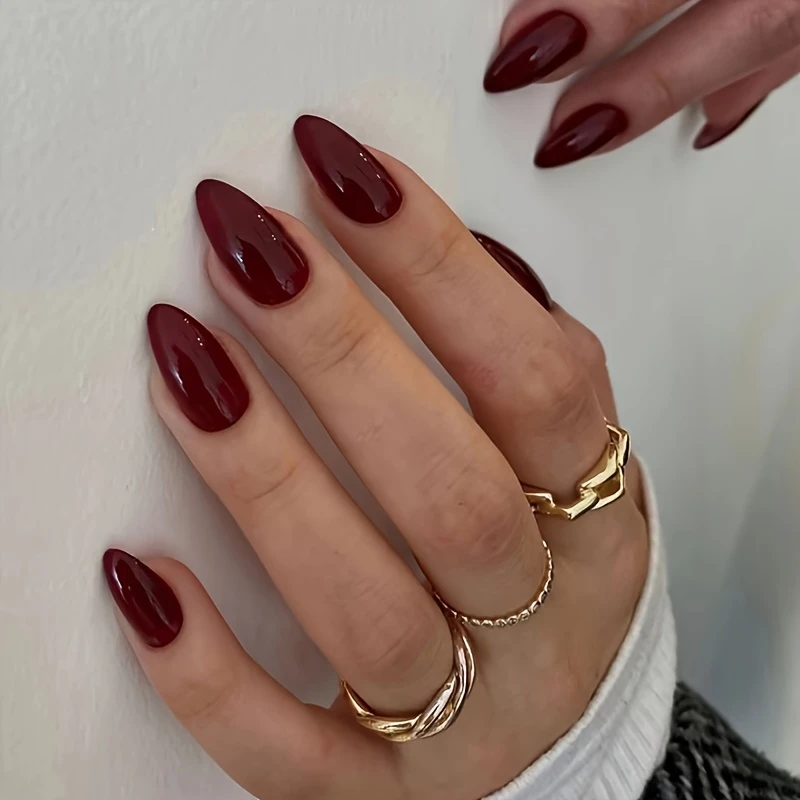
Regular oiling and moisturizing are essential. Avoid excessive water and harsh chemicals. It’s important to get a refill every 2–3 weeks to maintain their appearance and keep your nails healthy and well-maintained.
5. Different Acrylic Nail Designs
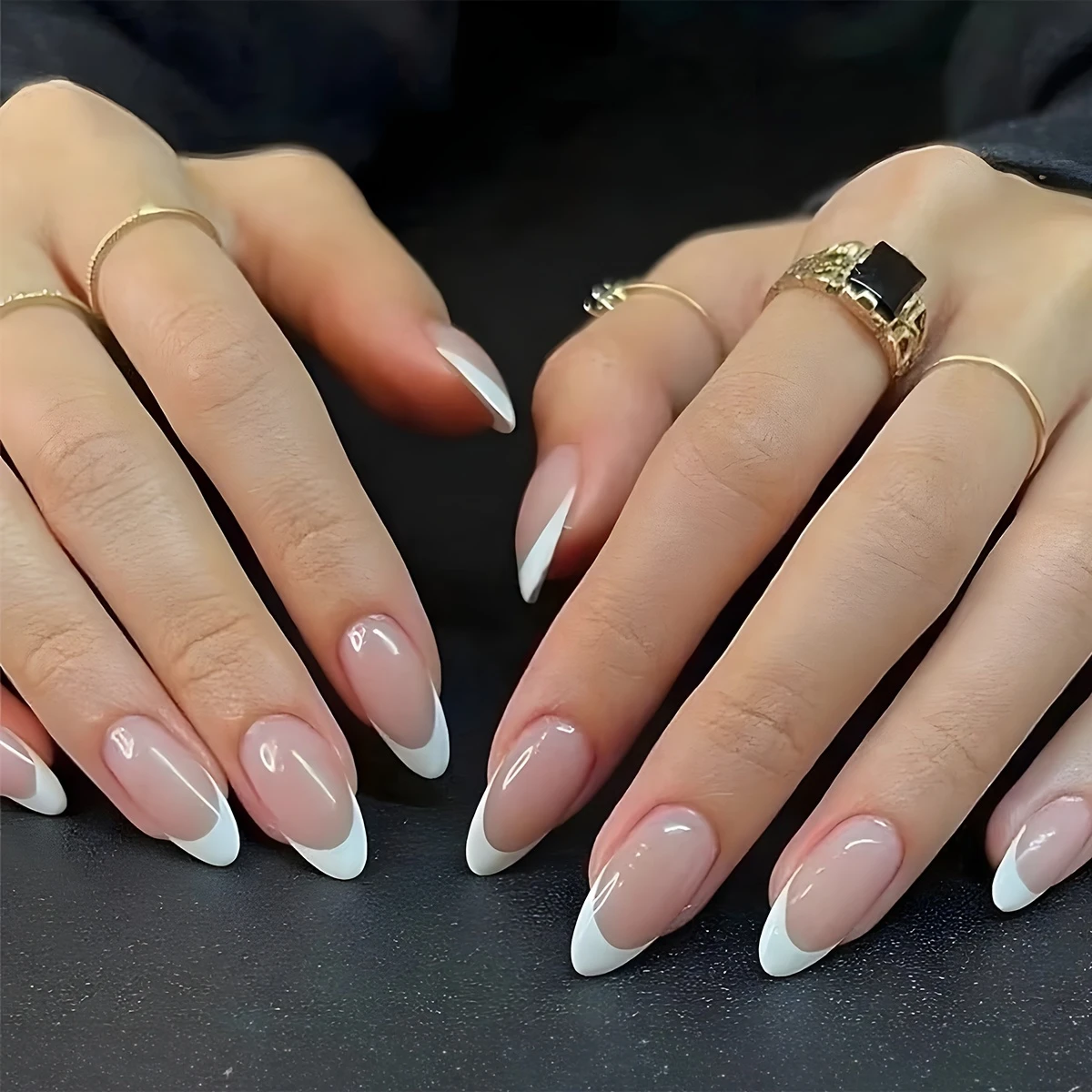
You can choose from various designs like French tips, glitter nails, marble patterns, or rhinestone styles. There are endless design options to suit every season, occasion, or personal style preference.
6. Acrylic Nails vs. Natural Nails
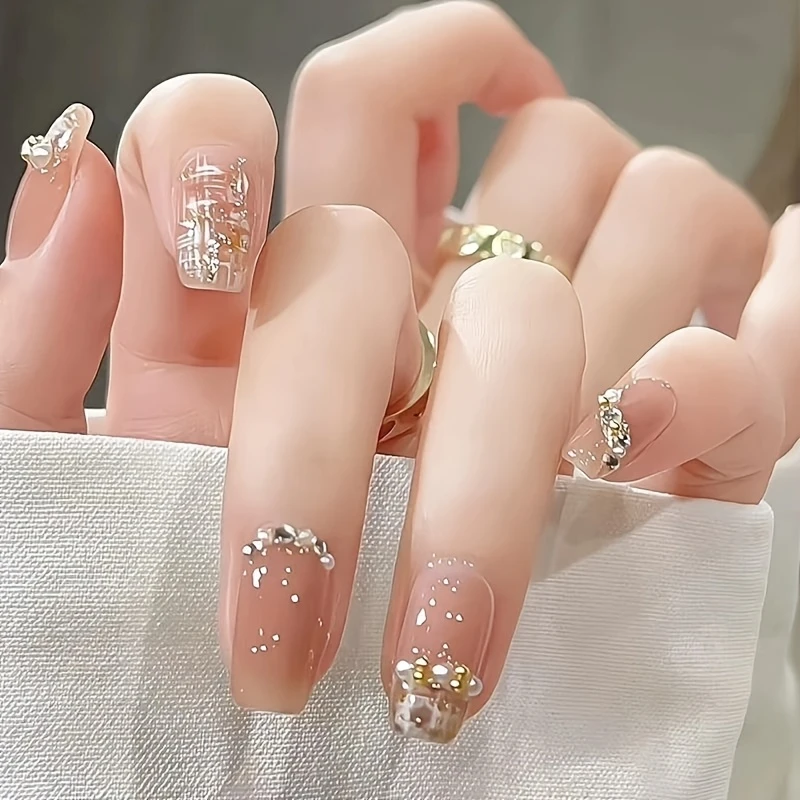
Acrylic nails are longer and stronger, making them great for styling. Natural nails are more flexible and easier to maintain. While acrylics offer a glamorous look, natural nails are generally healthier and require less upkeep.
7. Side Effects of Acrylic Nails
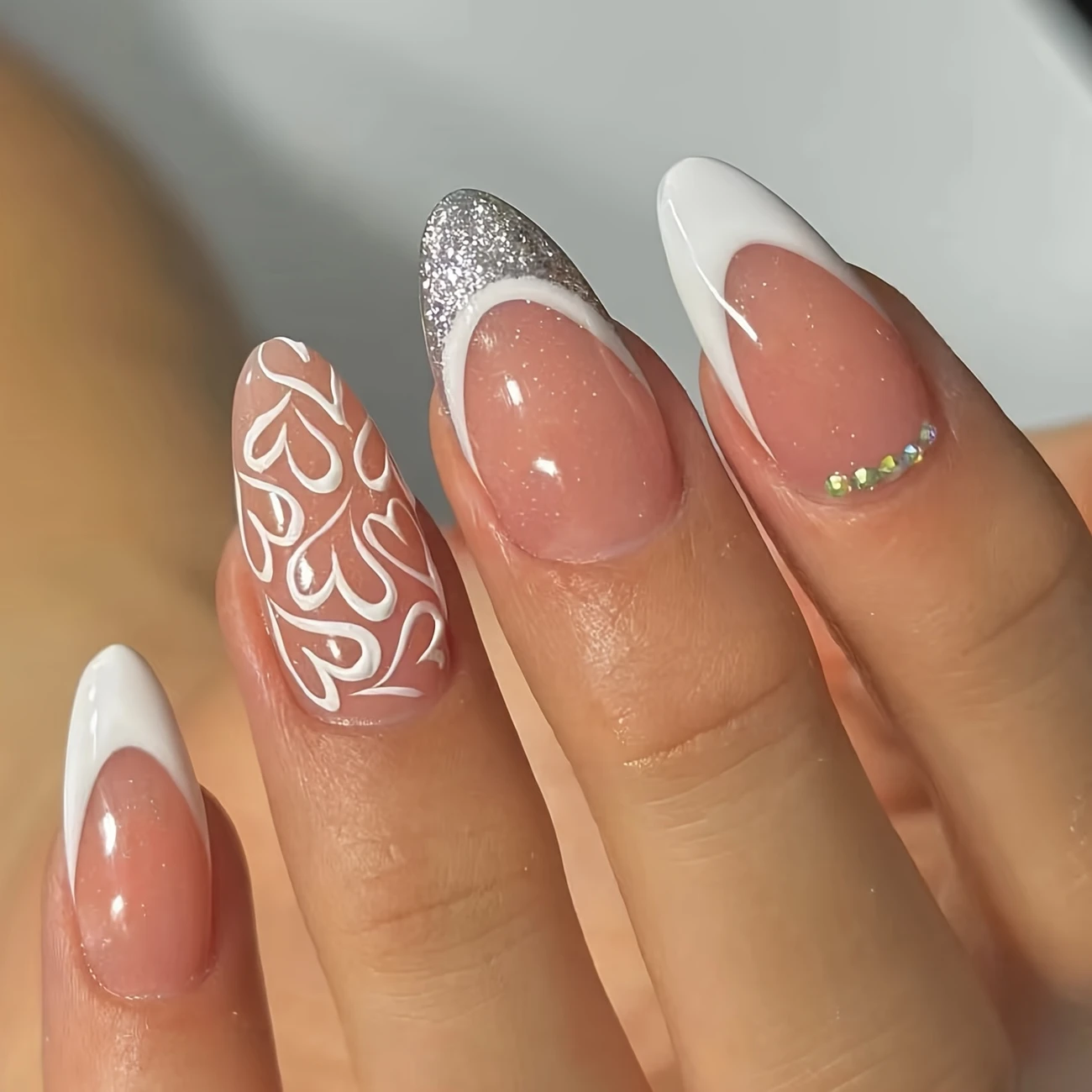
Improper care of acrylic nails can lead to damage. Possible side effects include allergic reactions, fungal infections, or nail thinning. To avoid problems, it’s best to get them done by a certified and experienced nail technician.


